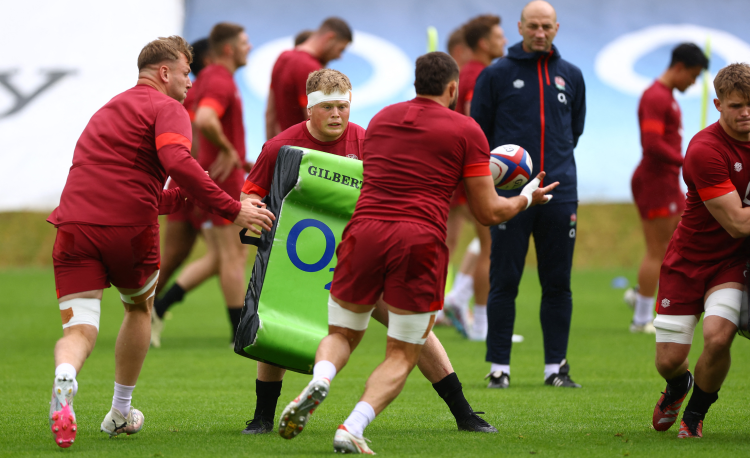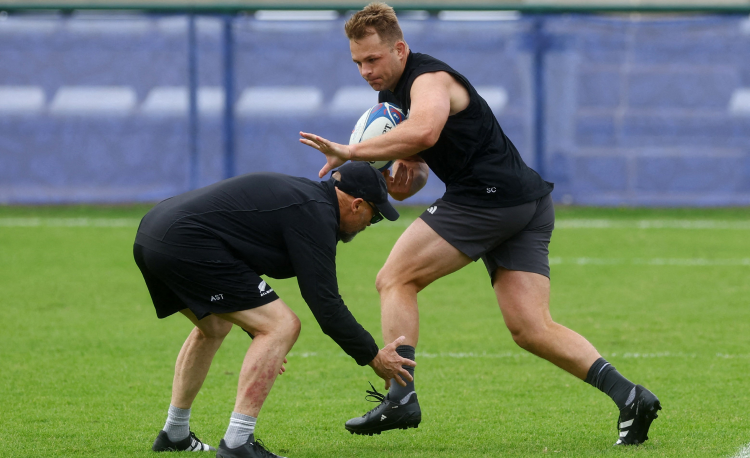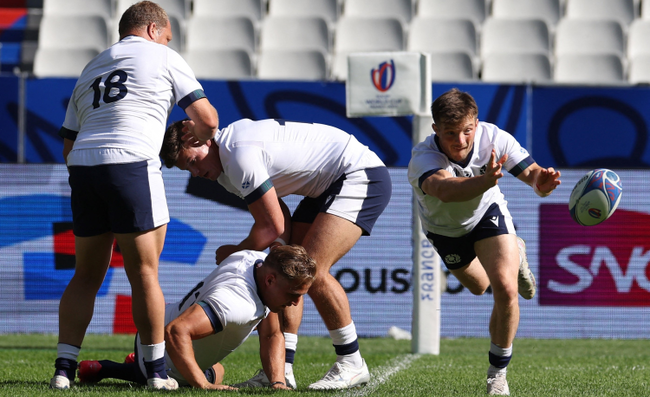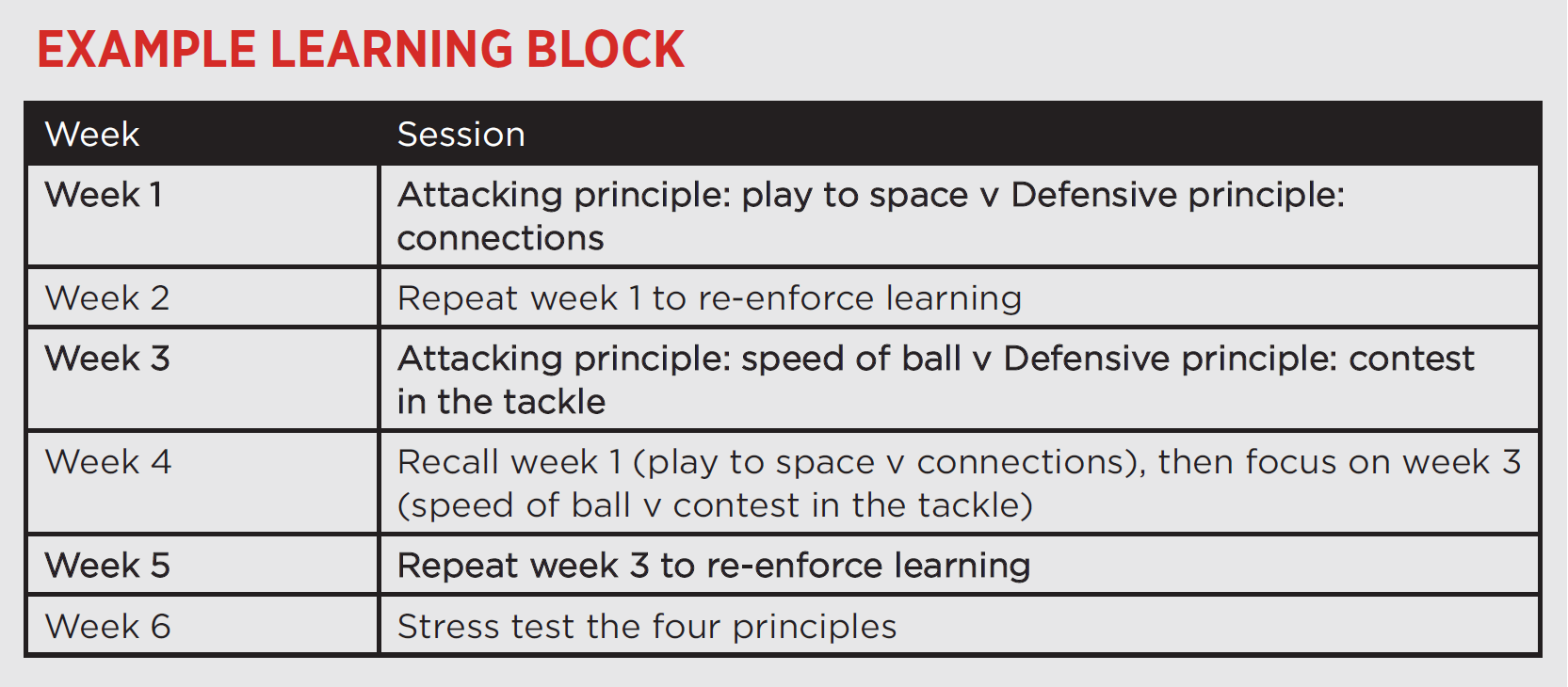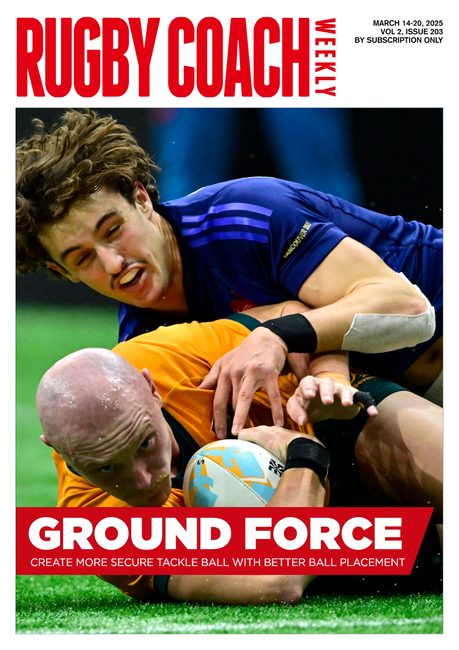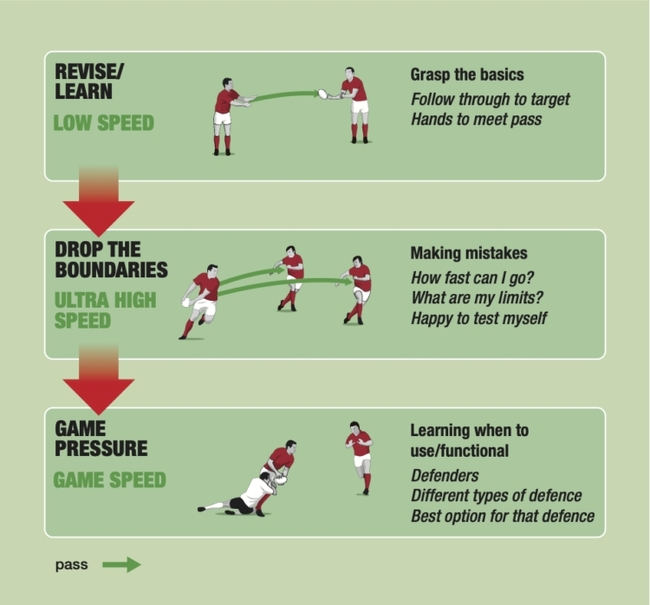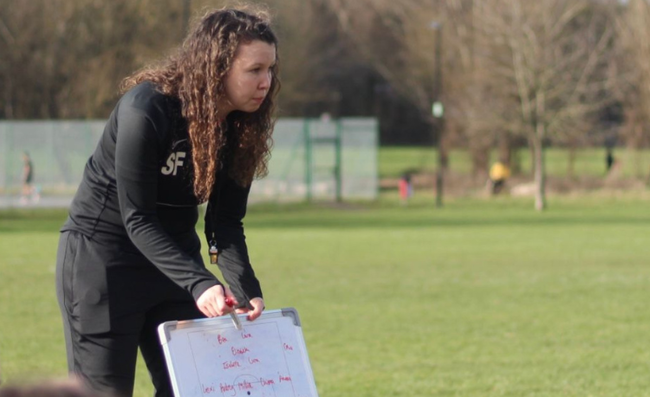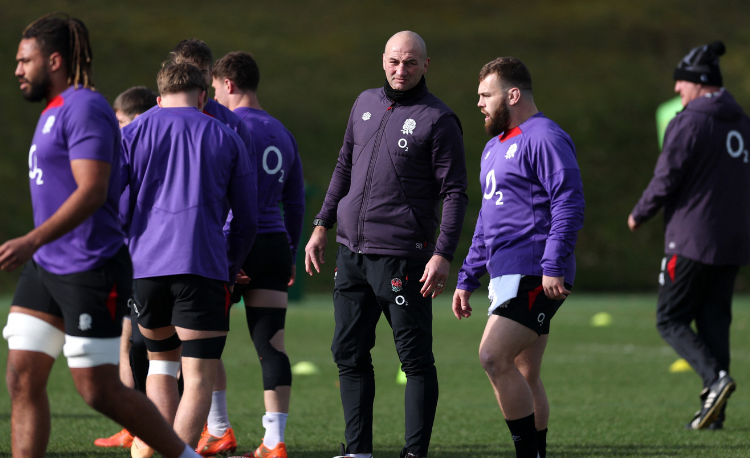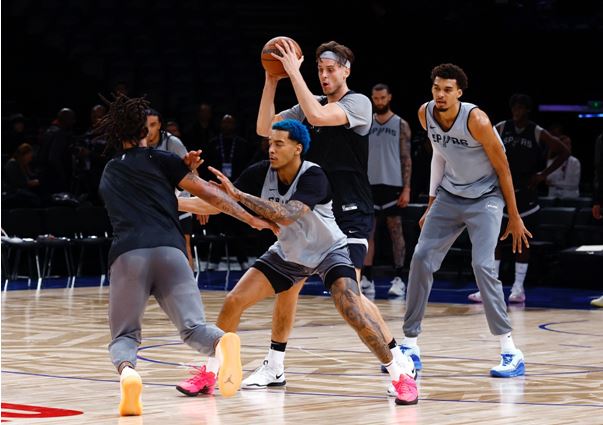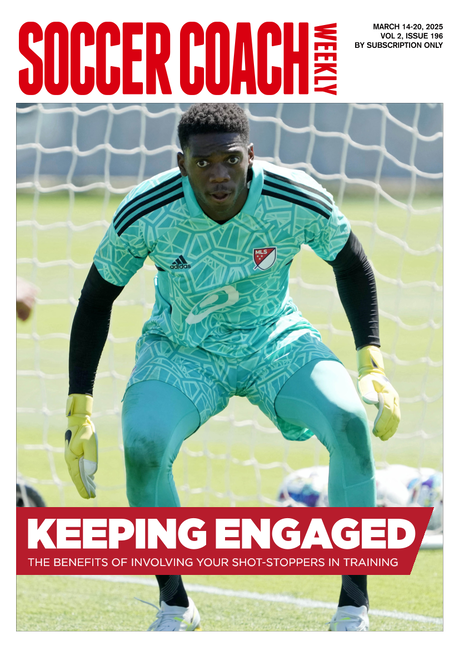How long should your learning blocks be?
A learning block is a defined period in which you are concentrating on a certain skill or tactic. What should you focus on to make the most of your time? Here is what I would suggest...
By the Undercover Coach.
 How should we structure our training blocks? And how long should we focus on specific principles or moments of the game?
How should we structure our training blocks? And how long should we focus on specific principles or moments of the game?
As always, context is king. The environment in which you coach, the people you coach, and those you coach with, will all shape the what, when and why of all of your coaching.
If you are coaching in a program that gives you contact time of 1-3 sessions a week, this would be my guidance, and the principles and questions I would be thinking about, when planning my learning blocks.
Duration
We want to create an opportunity for players to recall and retrieve their prior learning.
This helps us consider the number of weeks we commit to working on specific moments of the game, as well as an individual’s skillset.
We want our players to commit new information to their long-term memory. My advice would be to work on a 4-6 week cycle, as this gives sufficient time to explore and add layers to the themes and principles you want to pursue.
At the same time, you should leave enough time between different sessions to enable players to recall prior lessons that have been learned.
Let’s bring this to life.
You want to spend six weeks covering two principles in attack – for example, playing to space and speed of ball at the breakdown – and two principles in defence, such as connections in defence and contest in the tackle/breakdown area.
You don’t need to cover all four principles in every session explicitly. You can put the crosshairs on one attacking and one defensive principle each session, but then seek opportunities to retrieve one of the other principles that may have been covered in the first few weeks.
An example can be found in the table below – note, the sessions are working attack versus defence, because they don’t work in isolation.
Recall
The purpose of the recall is to challenge what information the players can remember and apply to the game.
By giving them the opportunity to recall prior learning, you are creating a better learning environment for the players within your group.
Not all of them will recall all of the information and learning they may have initially shown. However, you should give them time and space to do so, as it will help them in the longer term. Always bear this in mind.
I would also advise building a ‘recall list’. Make a note of the critical moments, skills or areas of the game you have targeted, then revisit this learning.
Remember, the more opportunities you give your players to recall prior learning, the more likely it will form in their long-term memory.
Related Files
Practical practice design
I am one of those coaches who always wants to create that new game, that new practice that everyone else likes and wants to copy.
But is it serving my playing group? Is that new game helping them learn and develop?
The more extrinsic information we give our players – for example, new rules to a game, or new constraints to consider during a particular practice – the more we detract from a player’s working memory and, therefore, the intrinsic information you want them to focus on, like getting their feet close to the ball carrier in the tackle.
If we overload our players with new and ever-evolving information about our practices, we are distracting them from the real focus of each individual: getting better and mastering a new skill.
Remember, as the saying goes, a ‘bored learner is a poor learner’ – so, of course, your practices need to vary and evolve.
We don’t need new games with new rules, constraints or challenges in every session. Design a game or a practice, let the players learn it and stick with it during your 4-6 week block.
Your role as a coach is to recognise opportunities to evolve your game/practice to keep the players stimulated.
Newsletter Sign Up
Coaches Testimonials

Gerald Kearney, Downtown Las Vegas Soccer Club

Paul Butler, Florida, USA

Rick Shields, Springboro, USA

Tony Green, Pierrefonds Titans, Quebec, Canada
Subscribe Today
Be a more effective, more successful rugby coach
In a recent survey 89% of subscribers said Rugby Coach Weekly makes them more confident, 91% said Rugby Coach Weekly makes them a more effective coach and 93% said Rugby Coach Weekly makes them more inspired.
Get Weekly Inspiration
All the latest techniques and approaches
Rugby Coach Weekly offers proven and easy to use rugby drills, coaching sessions, practice plans, small-sided games, warm-ups, training tips and advice.
We've been at the cutting edge of rugby coaching since we launched in 2005, creating resources for the grassroots youth coach, following best practice from around the world and insights from the professional game.
